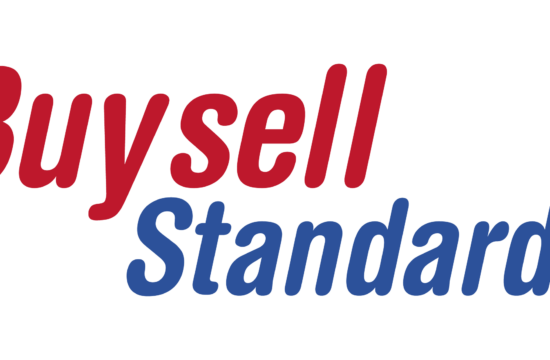The securities investment industry is eagerly awaiting the dramatic passage of the Security Token Offering (STO) bill in the last 21st temporary session of the National Assembly. The 21st National Assembly is due to conclude on May 29, leaving little time remaining. Suppose the STO legislation fails to pass during this session. In that case, realistically, entering the STO market within the year could be difficult as it will not automatically carry over to the 22nd National Assembly but will have to be proposed anew.
According to the financial investment industry on the 15th, the STO bill has been pending since July last year when Yun Chang-Hyun, a member of the People Power Party from the Political Affairs Committee, first introduced it. The National Assembly’s Political Affairs Committee has pending amendments to the ‘Capital Markets and Financial Investment Business Act’ and the ‘Act on Electronic Registration of Stocks and Bonds’. The main thrust of these bills is to enable the issuance of token securities and establish new regulations for account management institutions and over-the-counter brokerage services. If not passed by the end of this term, the amendments will automatically be discarded.
For the STO market to open, passing this legislation is essential. Only then will token securities, based on distributed ledger technology, be recognized as ‘securities’, distinguishing them from typical virtual assets. However, if not passed by the end of the current National Assembly’s term next month, it will have to start from scratch in the 22nd National Assembly beginning May 30.
Considering the efforts of securities companies and other entities preparing to enter the STO market, their critique of legislative inaction is justified. Securities companies are either building or have completed platforms for token securities issuance. Eugene Investment Securities has already completed building its token securities issuance platform and recently finished real implementation tests. Upon legalization of token securities, investments can be immediately made through Eugene’s MTS. Hana Securities is developing a fractional investment trading system aimed to be completed by the second half of this year, with plans to introduce a fractional investment tab within MTS. Last month, Shinhan Investment Corp. and SK Securities announced the launch of ‘Project Pulse’, an initiative to explore the application of blockchain technology in finance, in collaboration with Blockchain Global, a company known for its extensive experience in building infrastructure and platforms for innovative financial services.
Such companies in the fractional investment sector uniformly await the legalization to open the market, with plans to launch services this year like the Busan Digital Asset Exchange, also awaiting the passage of the token securities bill. Currently, some operators are managing under the regulatory sandbox system, but this has its limitations. The Korea Exchange was also newly designated by the Financial Services Commission to pilot a novel securities market. Moreover, several companies are pushing innovative financial services and have submitted securities reports to initiate new fractional investment businesses in various basic assets. Developing new products that offer investment opportunities remains a primary challenge, but the development of new basic asset products will pick up only if the legislation is amended first. As for art, the public offering size per revenue security is not large, and its marketability is not active enough to garner widespread public interest.
However, considering the limited time remaining for the 21st National Assembly, the possibility of legislation in the first half of the year is practically gone, and the chances within this year are uncertain. This situation is likely to increase the number of companies applying for temporary licenses through innovative financial services (regulatory sandbox) designations. There is also a change in the atmosphere with the Financial Services Commission, which had been conservative about additional designations of related sandboxes but has been accepting formal applications for review since late last year.
Companies handling various basic assets like BuyCellsStandard and Galaxy Moneytree are awaiting results. Among the previously designated fractional investment companies in the Financial Services Commission’s sandbox are Casa, Lucent Block, Funble, Music Cow, and the trading platform service designated to A-Panda Partners.









